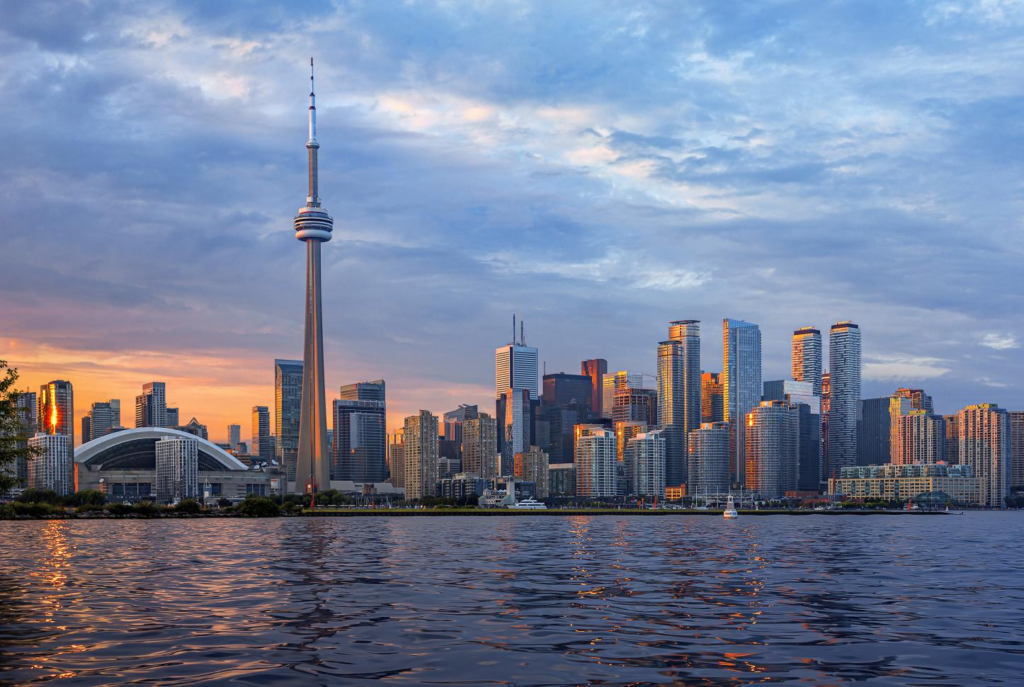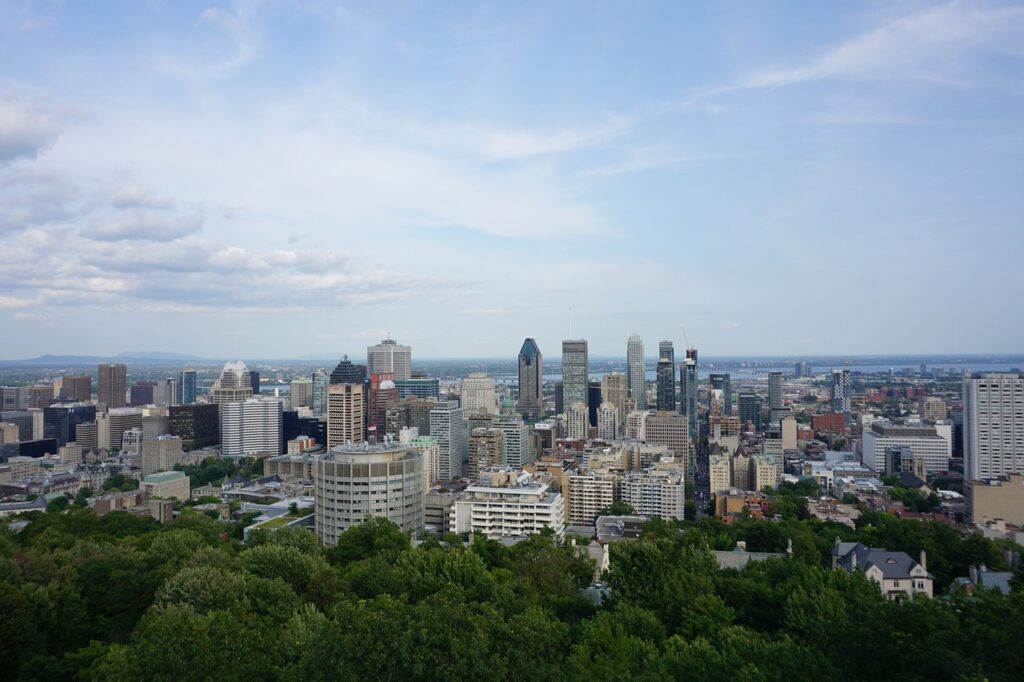What Do I Need: Visa Requirements for Visiting Canada?
Canada, with its stunning landscapes, diverse cities, and welcoming atmosphere, beckons travelers from around the world. If you’re planning to embark on a Canadian adventure, one question that might arise is, “Do I need a visa to visit Canada?” Navigating visa requirements can seem like a daunting task, but fear not – we’re here to provide you with a clear and concise guide to help you understand Canada’s visa regulations.

Understanding the Basics: Who Needs a Visa?
Whether you need a visa to enter Canada depends on your nationality and the purpose of your visit. Canada has a list of countries whose citizens require a visa to enter, while citizens of certain countries may be exempt from this requirement due to bilateral agreements. It’s essential to check the latest information specific to your country on the official website of Immigration, Refugees and Citizenship Canada (IRCC) or consult with your local Canadian consulate or embassy.
Visitor Visa (Temporary Resident Visa): Explained
The most common type of visa for tourists and short-term visitors to Canada is the Visitor Visa, also known as a Temporary Resident Visa (TRV). This visa allows you to stay in Canada for a specific period, usually up to six months. To apply for a Visitor Visa, you’ll need to meet certain criteria, including:
- Valid Passport: Ensure your passport is valid for the duration of your stay in Canada.
- Purpose of Visit: Clearly outline the purpose of your trip, whether it’s tourism, family visit, business, or attending an event.
- Proof of Funds: You must demonstrate that you have enough funds to cover your stay in Canada, including accommodation, transportation, and daily expenses.
- Intent to Return: Prove that you have strong ties to your home country, such as a job, family, or property, indicating that you intend to return after your visit.
- Health and Security: You may be required to undergo a medical examination and security clearance.
- Letter of Invitation: If you’re visiting family or friends, they may need to provide a letter of invitation confirming your stay and their willingness to support you.

Electronic Travel Authorization (eTA): A Simplified Process
For citizens of visa-exempt countries who plan to fly to Canada, the Electronic Travel Authorization (eTA) is a convenient option. The eTA is an entry requirement for travelers who don’t need a visa and are arriving by air. It’s an online process that requires you to fill out a simple application form and pay a nominal fee. The eTA is electronically linked to your passport and remains valid for up to five years or until your passport expires, whichever comes first.
Special Circumstances: Work and Study Visas
If you’re planning to work, study, or engage in business activities in Canada, you may need a different type of visa or permit. For example:
- Work Permit: If you have a job offer from a Canadian employer, you’ll likely need a work permit. The employer may need to obtain a Labor Market Impact Assessment (LMIA) to demonstrate that hiring a foreign worker won’t negatively impact the Canadian job market.
- Study Permit: If you’re enrolling in a Canadian educational institution, you’ll need a study permit. You must have an acceptance letter from a Designated Learning Institution and prove that you have sufficient funds to cover your tuition and living expenses.
Plan Ahead: Applying for a Visa
To ensure a smooth and hassle-free travel experience to Canada, it’s crucial to plan ahead and apply for your visa well in advance of your intended travel date. The application process can vary in time, depending on your country of residence and the type of visa you’re applying for. Be prepared to provide accurate and complete documentation to support your application.
In conclusion, the question of whether you need a visa to visit Canada depends on your nationality, purpose of visit, and the specific visa requirements. It’s essential to research and understand the regulations that apply to you to avoid any travel disruptions. Whether you’re exploring the vibrant streets of Toronto, hiking through the Rocky Mountains, or experiencing the cultural richness of Quebec, Canada offers an array of experiences that are waiting to be discovered – and a well-prepared visa application is your key to unlocking them.
Disclaimer: The information provided in this article is for general informational purposes only and is not legal advice. Visa requirements and regulations can change, so it’s crucial to consult the official Immigration, Refugees and Citizenship Canada (IRCC) website or seek advice from a professional for the most up-to-date and accurate information.
